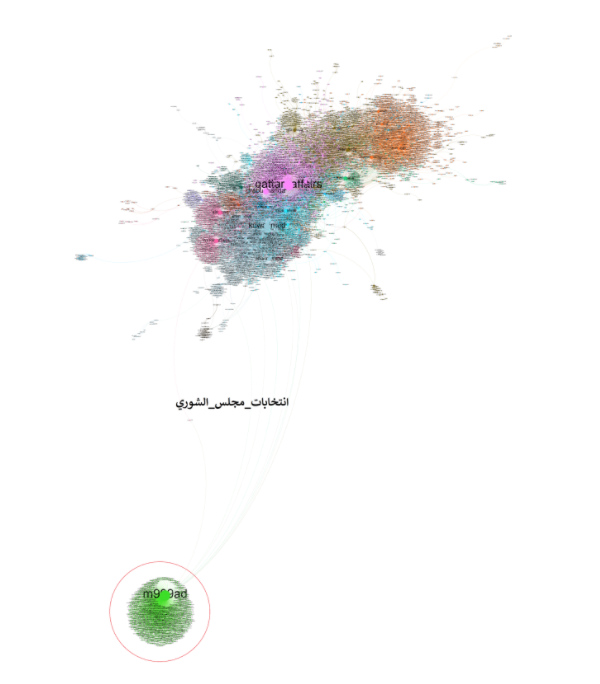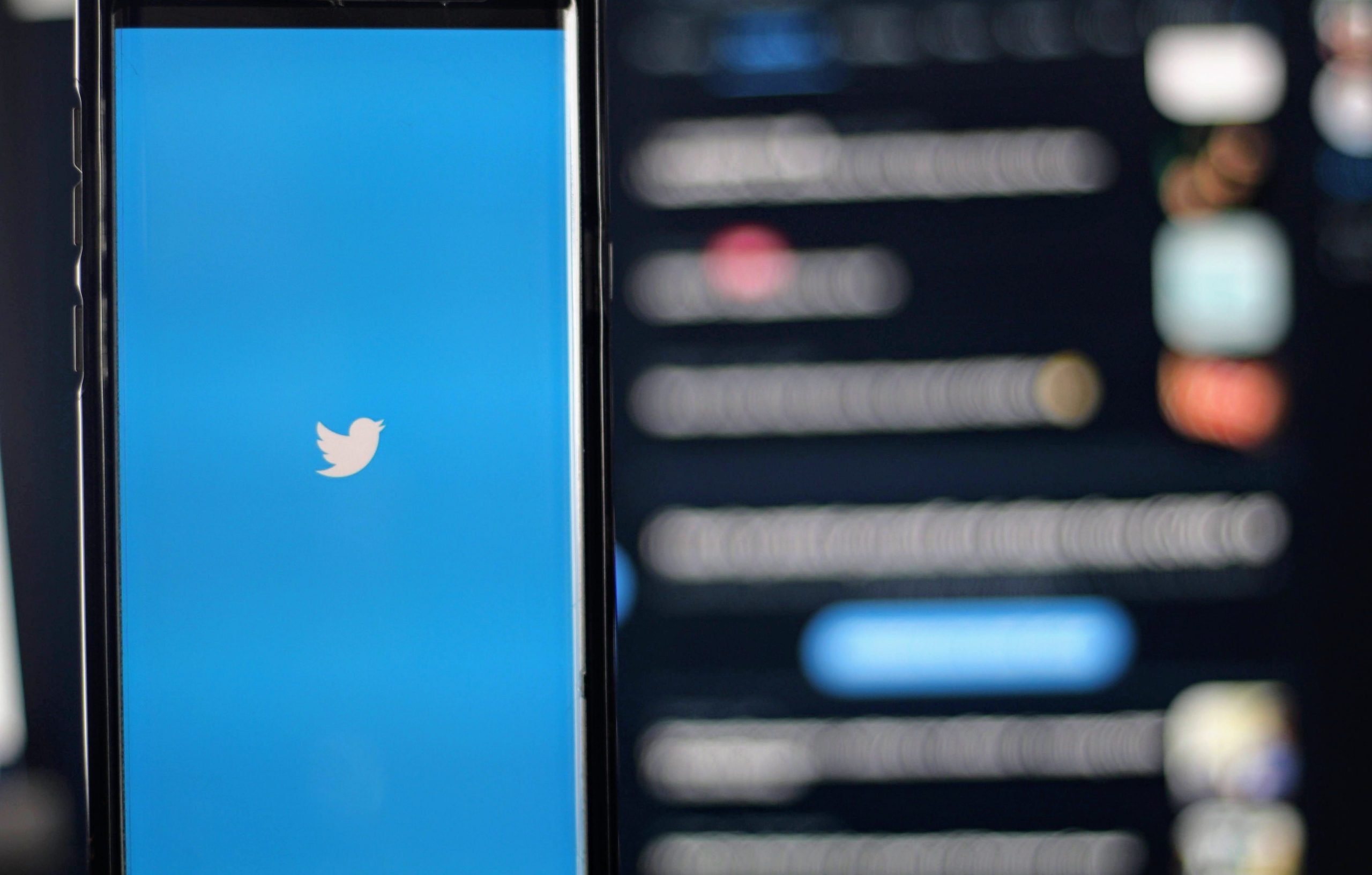As Qatar prepares up for its Shura Council elections, foreign influence plagues the country’s first democratic vote.
Qatar’s long awaited Shura Elections have been marred by unfolding laws that curtail and limit the participation of certain sections of Qatar society. However, these tentative steps towards some form of electoral democracy are also being exploited as an opportunity for social media manipulation and disinformation by certain parties.
Over the past few days, the hashtag “Qatar’s Elections for the Shura Council” has been trending.
Opportunities to attack Qatar are not new, and have increased since the blockade of June 2017. This is especially true on Twitter, which remains relatively easy to manipulate.
Exaggerating chaos with fake accounts
An analysis of around 18,000 tweets involving 8,500 Twitter accounts on the hashtag “Qatar’s Elections for the Shura Council” revealed that significant manipulation had taken place. The sample, which included tweets from the past seven days, showed that the most influential accounts on the hashtags were either unattributed accounts representing opposition, or those ostensibly based in the UAE.
The most influential account promoting the hashtag was @M999ad, Mubarak Al Yafei, an Emirati media personality. His tweet asking what was happening in Qatar was retweeted over a thousand times. Most strikingly, his tweet was tweeted by at least 1,000 sock puppet accounts – accounts that previously belonged to someone else but have been hacked and repurposed for marketing and propaganda purposes.

These sock puppet accounts can be identified usually by the fact they all tweet using the same Twitter application. Usually, it is more common for accounts in the region engaged in manipulation to tweet from a web browser, rather than from the Android or iOS application.
This behaviour can be cross-checked against the accounts themselves.
In many of the cases, the fake accounts still had traces of their previous identity. At least two of the accounts belonged to non-Arabic speaking Britons, one of whom was only a teenager. However, whoever took over her new identity renamed the account to Hamsat, changed the location to Kingdom of Saudi Arabia, and added an Iraqi flag emoji to the account. The hacked accounts come from all over the world, from Turkey to Switzerland.
There is a big industry whereby hackers sell compromised Twitter accounts. It is likely none of these people know that their accounts have been hacked.
The total number of fake accounts on the hashtag is large. Approximately 1,200 of the 8,500 accounts in the sample were fake, representing around 14%.
These fake accounts appear to be vital in shaping the most influential accounts (AlYafei) in the network. He was, after all, the most influential account in the network and almost exclusively retweeted by fake accounts.
Non Qatar-based accounts dominating narrative
Another important aspect about the hashtag is that the other most influential accounts tweeting on the hashtag are accounts that aren’t ostensibly Qatari, or tend to be critical of the existing government or its foreign policy.
One of these accounts is Emarate_Shield (an Emirati nationalist account), another @TurkeyAffairs, which generally tweets critical information about the Erdogan government.
So while many Qataris appeared to be tweeting on the hashtag, including those supportive or critical of the election policies, their voices were being drowned out by non-attributed accounts, manipulated accounts, or those connected to other countries (such as the UAE and KSA).
Read also: Foreign interference? Mysterious Shura election hashtag ‘trends’ on Twitter
Although much of the actual content on the hashtag reflected true events, disinformation was also endemic. One popular tactic, for example, is claiming or exaggerating the scale of disorder in Qatar. As happened in May 2020, when Twitter users launched a campaign to say that there had been a coup in Qatar, accounts posted screenshots saying that there had been roadblocks all over Qatar. While there were some protests in Qatar against the electoral rules, some roads were closed due to scheduled roadworks announced on 5 August.
Also promoting the hashtags “Qatar revolts” were the hacked verified accounts of ABC News producer Joel Zander and Indian entrepreneur Ishita Anand. Their tweets were retweeted by hundreds more fake accounts.
Attempts to manipulate trends around the Shura elections predate the most recent trends.
On 2 August “boycott Qatar’s shura elections” was trending. However, the trend was created mostly by spambots, accounts based in the UAE, and in one case, a pro-normalisation account that has previously spread disinformation about Qatar. In this case, the account was claiming that women could not vote in the Shura Council elections.
As a small country, Qatar’s Twitter lacks complete control over its Twitter sovereignty. In other words, it is easy for countries to manipulate trends and to dominate the online narratives. As this case shows, fake accounts that formerly belonged to real people can be used to promote accounts that have a particular narrative. These fake accounts can contribute to those accounts being the most influential on certain trends.
Marc Owen Jones is an Assistant Professor of Middle East Studies and Digital Analytics Expert.
The views and opinions expressed in this article are those of the authors and do not necessarily reflect the official policy or position of Doha News, its editorial board or staff.
Follow Doha News on Twitter, Instagram, Facebook and Youtube







